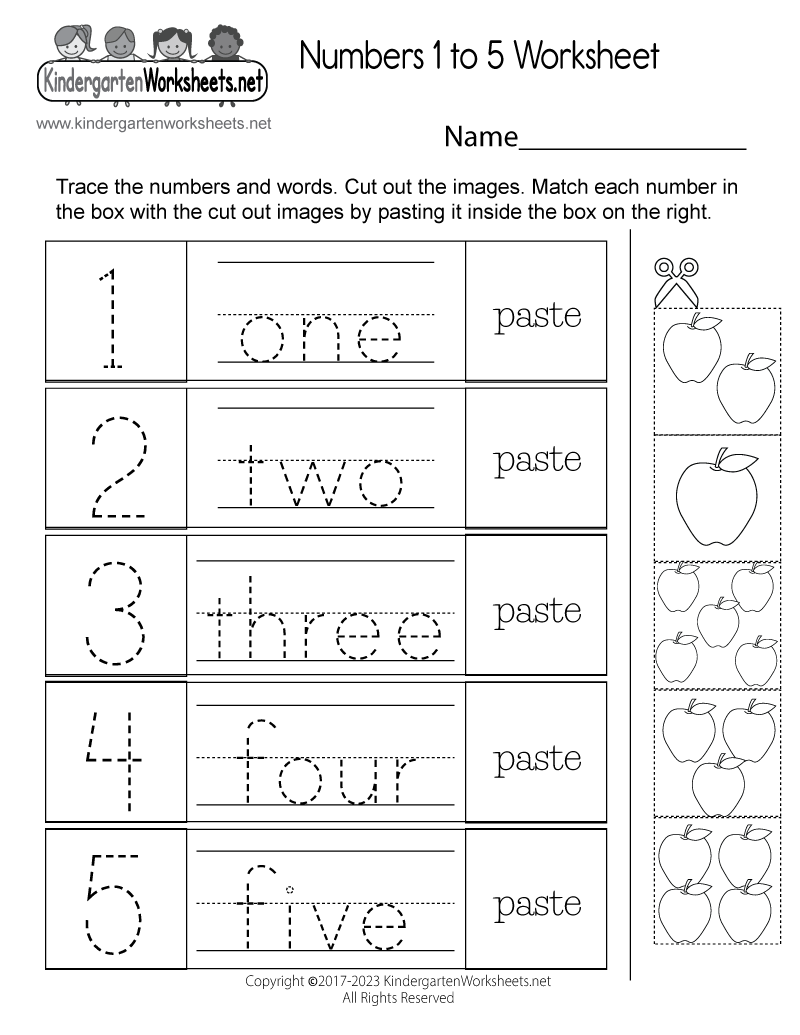Welcome to our expert article on professional ideas! In this post, we will provide you with a comprehensive guide filled with valuable information that will help you excel in your professional life. Whether you are a seasoned professional looking for new insights or a young professional just starting your career, this article has got you covered. So, let’s dive right in!
Setting Professional Goals and Achieving Success
Setting goals is an essential aspect of professional growth. It provides you with clarity and direction, helping you stay focused on what truly matters. By setting specific, measurable, attainable, relevant, and time-bound (SMART) goals, you create a roadmap that leads to success.
 Setting SMART goals requires thoughtful planning and consideration. Start by identifying your long-term objectives and breaking them down into smaller, actionable steps. For example, if your goal is to advance to a managerial position, you may set short-term goals such as completing a leadership training program or gaining experience in supervising a small team.
Setting SMART goals requires thoughtful planning and consideration. Start by identifying your long-term objectives and breaking them down into smaller, actionable steps. For example, if your goal is to advance to a managerial position, you may set short-term goals such as completing a leadership training program or gaining experience in supervising a small team.
Developing Effective Communication Skills
Effective communication is the cornerstone of professional success. It enables you to express your ideas clearly, build strong relationships with colleagues and clients, and collaborate efficiently. Developing excellent verbal and written communication skills is crucial for effective workplace communication.
 To enhance your verbal communication skills, practice active listening, be aware of your body language, and learn to convey your thoughts concisely and confidently. Written communication skills can be improved by focusing on grammar, punctuation, and delivering information in a clear and concise manner.
To enhance your verbal communication skills, practice active listening, be aware of your body language, and learn to convey your thoughts concisely and confidently. Written communication skills can be improved by focusing on grammar, punctuation, and delivering information in a clear and concise manner.
Mastering Time Management Techniques
Time management skills are vital for professionals who want to maximize productivity and achieve their goals efficiently. Poor time management can lead to missed deadlines, increased stress levels, and decreased overall performance. By mastering effective time management techniques, you can improve your efficiency and work-life balance.
 To manage your time effectively, start by prioritizing your tasks based on importance and urgency. Create a to-do list and allocate specific time slots for each task. Avoid multitasking, as it can lead to decreased productivity and increased errors. Instead, focus on one task at a time and give it your full attention.
To manage your time effectively, start by prioritizing your tasks based on importance and urgency. Create a to-do list and allocate specific time slots for each task. Avoid multitasking, as it can lead to decreased productivity and increased errors. Instead, focus on one task at a time and give it your full attention.
Building Effective Leadership Skills
Effective leadership skills are crucial for professionals aiming to take on managerial roles or lead teams. Strong leadership skills inspire and motivate others while fostering a positive work environment. As a leader, you should possess qualities such as vision, communication, empathy, and adaptability.
 To develop your leadership skills, seek opportunities to lead projects or teams, take on additional responsibilities, and continuously improve your knowledge and expertise in your field. Remember, leadership is not about authority but about guiding and empowering others to achieve their full potential.
To develop your leadership skills, seek opportunities to lead projects or teams, take on additional responsibilities, and continuously improve your knowledge and expertise in your field. Remember, leadership is not about authority but about guiding and empowering others to achieve their full potential.
Pursuing Continuous Learning and Professional Development
In today’s rapidly evolving professional landscape, continuous learning is essential to stay ahead of the curve. By actively seeking opportunities for professional development, you can enhance your skills, expand your knowledge base, and increase your value as a professional.
 Explore various avenues for learning, such as attending conferences, workshops, and webinars, enrolling in online courses, or joining professional associations. Additionally, stay updated with industry trends through reading books, articles, and research papers. Continuous learning not only keeps you ahead but also demonstrates your commitment to professional excellence.
Explore various avenues for learning, such as attending conferences, workshops, and webinars, enrolling in online courses, or joining professional associations. Additionally, stay updated with industry trends through reading books, articles, and research papers. Continuous learning not only keeps you ahead but also demonstrates your commitment to professional excellence.
The Art of Networking and Building Professional Relationships
In the professional world, building a strong network and fostering meaningful relationships is essential for career growth and opportunities. A robust professional network opens doors to new connections, potential clients, job opportunities, and valuable industry insights. So, how can you build and maintain a successful network?
 First and foremost, prioritize quality over quantity. Instead of aimlessly adding people to your network, focus on building authentic relationships with individuals who share your professional interests or are experts in your field. Seek opportunities to attend industry events, conferences, and seminars where you can meet like-minded professionals.
First and foremost, prioritize quality over quantity. Instead of aimlessly adding people to your network, focus on building authentic relationships with individuals who share your professional interests or are experts in your field. Seek opportunities to attend industry events, conferences, and seminars where you can meet like-minded professionals.